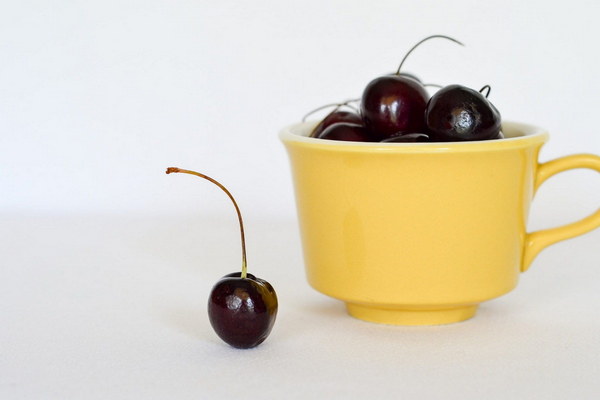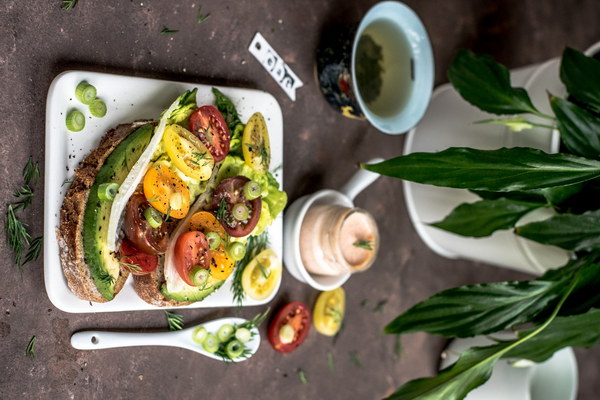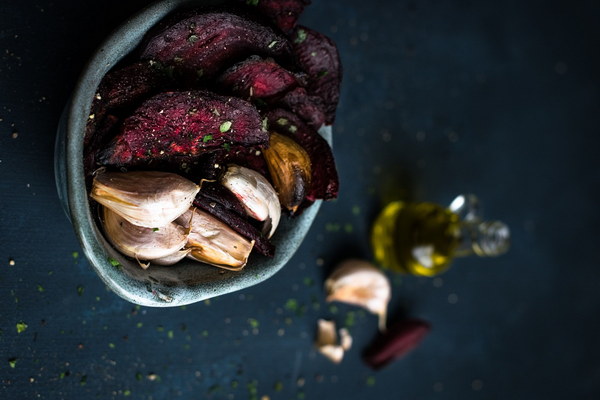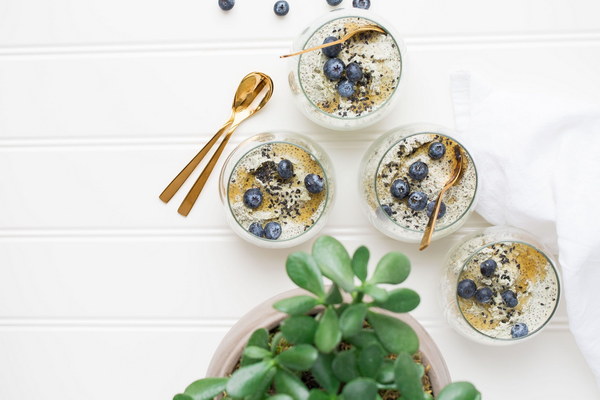How to Choose the Best Ginger for Health Benefits A Comprehensive Guide
Ginger, a versatile and flavorful spice, has been used for centuries in traditional medicine for its numerous health benefits. Known for its anti-inflammatory, anti-nausea, and digestive properties, ginger can be a great addition to your diet. But how do you choose the best ginger for your health needs? Here's a comprehensive guide to help you select the perfect ginger for your next health boost.
1. Fresh vs. Dried Ginger
The first thing to consider when choosing ginger is whether you want fresh or dried ginger. Fresh ginger is more potent and versatile, while dried ginger is more convenient for storing and using in recipes.
- Fresh ginger: Fresh ginger has a more potent flavor and contains higher levels of gingerol, the active compound responsible for its health benefits. It is best used in cooking and can be grated, sliced, or minced to add flavor to dishes.
- Dried ginger: Dried ginger is more concentrated and has a milder flavor compared to fresh ginger. It is suitable for baking and cooking, but it is not as versatile as fresh ginger.
2. Look for Fresh, Firm Ginger
When selecting fresh ginger, look for pieces that are firm and free from blemishes. Avoid ginger that is soft, wrinkled, or has moldy spots, as these may indicate spoilage or a lack of freshness.
- Color: Fresh ginger should have a bright, moist skin with a golden hue. The skin should be smooth and unwrinkled, indicating that the ginger is fresh.
- Size: Choose ginger that is the right size for your needs. Larger pieces are better for making ginger tea or grating, while smaller pieces are more suitable for cooking and adding to dishes.
3. Consider the Source
The origin of the ginger can also affect its quality and flavor. Some of the most popular ginger varieties include:
- Indian ginger: Known for its strong flavor, Indian ginger is great for cooking and making ginger tea.
- Chinese ginger: Chinese ginger has a milder flavor and is suitable for both cooking and baking.
- Japanese ginger: Japanese ginger is known for its delicate flavor and is often used in sushi and other Japanese dishes.
4. Store Fresh Ginger Properly
Proper storage is essential to maintain the quality and longevity of fresh ginger. Here are some tips for storing ginger:
- Keep ginger in the refrigerator: Store ginger in the crisper drawer of your refrigerator to maintain its freshness and prevent spoilage.
- Cover it: Wrap the ginger in a damp paper towel to prevent it from drying out and losing its flavor.
- Avoid plastic bags: Do not store ginger in plastic bags, as the moisture from the ginger can cause mold to grow.
5. Use Ginger in a Variety of Ways
Ginger can be used in various forms, including fresh, dried, powdered, or crystallized. Here are some ideas for incorporating ginger into your diet:
- Fresh ginger: Use fresh ginger to add flavor to soups, stir-fries, smoothies, and baked goods.
- Dried ginger: Add dried ginger to baked goods, stews, and marinades.

- Powdered ginger: Use powdered ginger in smoothies, teas, and baking recipes.
- Crystallized ginger: Crystallized ginger can be eaten as a snack or used to add a sweet and spicy flavor to desserts.
In conclusion, choosing the best ginger for your health needs involves considering the type, freshness, source, and storage. By selecting high-quality ginger and incorporating it into your diet in various forms, you can enjoy the numerous health benefits that ginger has to offer.









